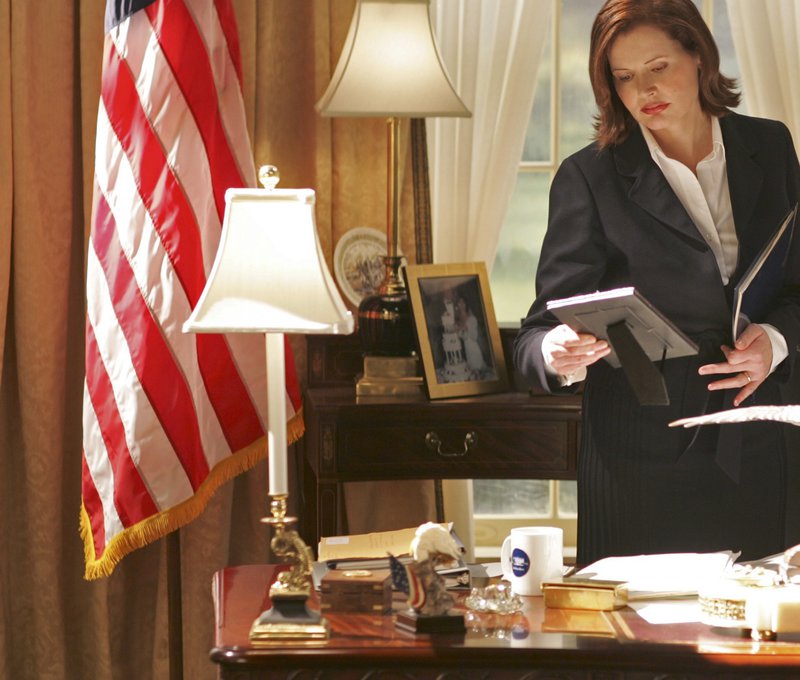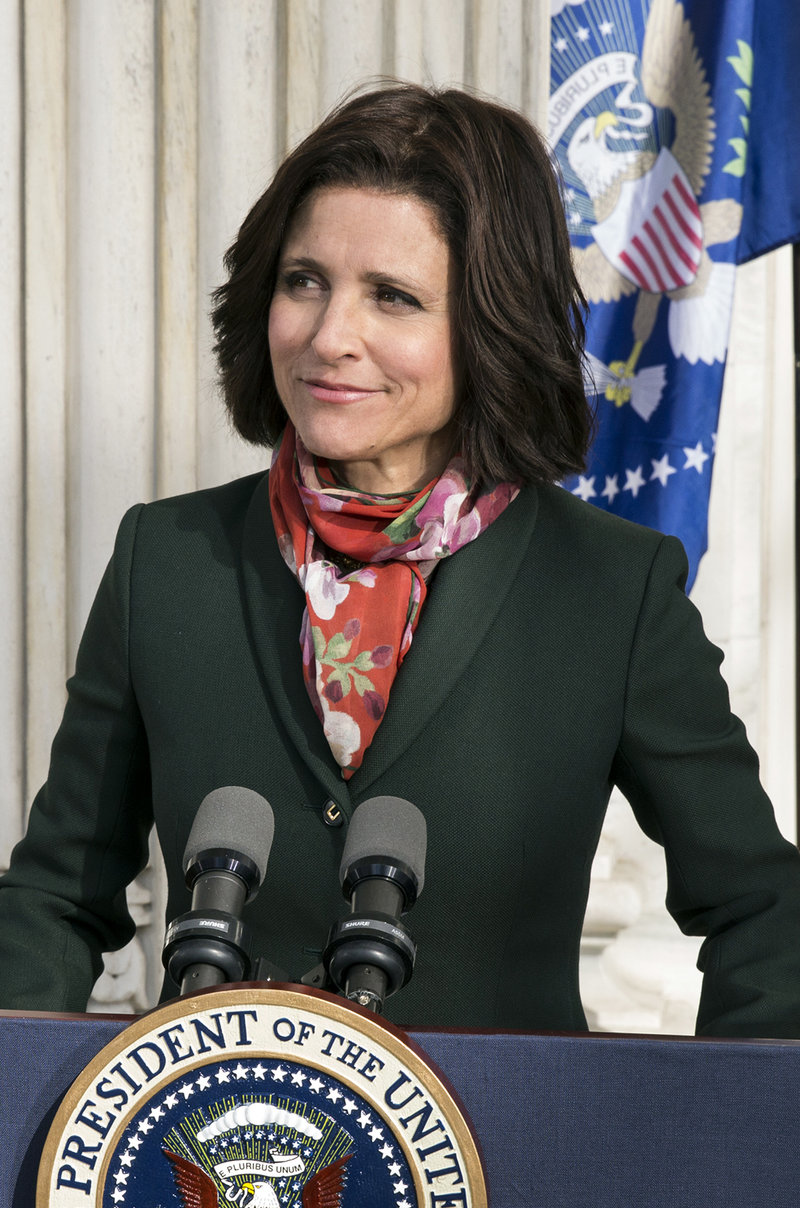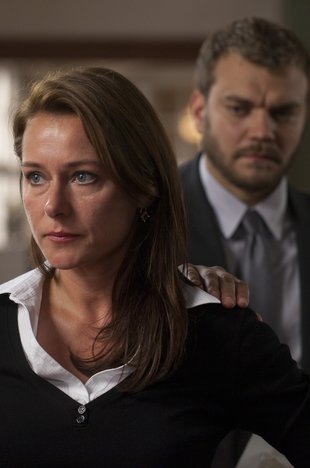Madam President
Political series such as The West Wing move aside to allow a new take on power with the likes of Borgen with a woman at the helm of Denmark and the fight to reconcile women and power
Ten years ago, actress Geena Davis became the first female President of the United States. It was in the series Commander in Chief (2005) that La Sexta screened as Sra. presidenta. But the protagonist became the most powerful leader on the planet by chance: the President had suffered an incapacitating aneurism that saw Vice President Mackenzie Allen catapulted into the Oval Office along with her husband and three children.
In the series, Geena Davis, who in recent years has become an influential activist in Hollywood for gender equality, exposed many of the conflicts posed by a woman's rise to power, including among her own party. Her opponent played by actor Donald Sutherland, who asked her to resign even before taking office, cites issues of protocol, casting doubt on the newly created office of “first gentleman”, the male equivalent of “first lady”. Having to put up with her teenage children dealing with the problem of a press stalker and reconciling her job and family life made it clear that gender was as much of an issue as her ability to do her job.
The series was not a success, lasting only one season, and according to UAB professor Anna Tous Rovirosa, author of La política en las series de la televisión. Entre el cinismo y la utopía (UOC, 2015), “it was an immediate reaction” to the series The West Wing (1999-2006) was a different matter, boosting the genre of political fiction while exposing the work of spin doctors working for the American president. The influence of the series even reached the so-called think-tanks of the US parties.
Madam Secretary (2014) shown on Movistar+ stars Téa Leoni, and has a similar approach to the Geena Davis series 10 years ago. In this case it is based on the day-to-day life of the US Secretary of State but above all highlights the main character balancing her personal and professional life.
Professor Tous Rovirosa stresses the importance of the Danish series Borgen (2010-2013) regarding the role of women but also as an exposé of realpolitik. Unlike the utopian image of politics in the West Wing and its inverse mirror, the dystopian House of Cards: “Though the Danish prime minister Helle Thorning-Schmidt was not yet in power, by 2011 there was already a woman in the office of the Danish PM in Borgen, leading a well reconciled and advanced welfare state.” Tous Rovirosa thinks the fact that it is a woman who to introduces a different way of doing politics is positive: “It is part of the normalisation of the sort typical of central and northern Europe; a political system which is very different from our own. “
On the interrelations between fiction and reality, the professor stresses that political series are a reflection of society and points to the Mediterranean model. “The Spanish series Crematorio (2011) and the French Marseille (2016) portray corruption and are productions where the role of women is marked by their physical presence and the cult of the body; we are light years away from the other model.”
As for the ever prestigious British series, Tous Rovirosa remembers the first political comedy on the BBC in 1965, Vote Vote Vote by Nigel Barton, which eventually led to Yes, Prime Minister and more recently The Thick of It. All comedies informed with the famous British sense of irony. These series have yet to put a woman in 10 Downing Street, despite the fact that Britain is a country being led by its second female prime minister.
American TV mimicked the British in Veep and House of Cards. The first is an adaptation Amando Iannunci made of The Thick of It. In the comedy Veep, Julia Louis Dreyfus excels in her role as Selina Meyer, a comic vice president who later becomes president. “With a touch of corrosive comedy, it also deals with reconciling the family and holding office as an important issue,” says Tous Rovirosa.
In the second series copied by US television, originally screened by the BBC in the early 90s, House of Cards is now a popular series starring Kevin Spacey and Robin Wright which portrays politics as a network of “intrigues” laced with Shakespearean references to Lady Macbeth. “The female character has the same, or a higher, level of cunning and evil as her husband and being a woman, that makes even more of an impact,” says Tous Rovirosa.







